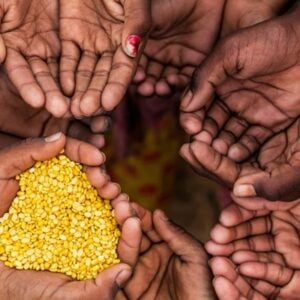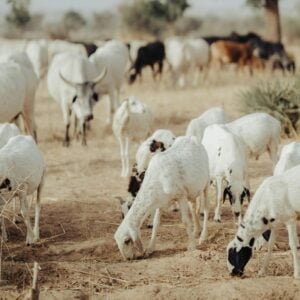Food insecurity is a growing crisis across Africa, with many vulnerable populations dependent on emergency aid that often fails to address the root causes of hunger. The Africa Zero Hunger campaign, led by the International Federation of Red Cross and Red Crescent Societies (IFRC), represents a shift from short-term relief toward long-term, sustainable solutions.
Leveraging 48 National Societies, more than 16,000 local branches, and over 16 million volunteers, the campaign draws on deep local knowledge to tackle food insecurity. Rather than relying solely on aid shipments or top-down strategies, the initiative prioritizes the perspectives and expertise of the communities themselves, empowering them to co-create solutions that address their unique needs.
The campaign acts as a “solutions bank,” showcasing proven, community-led initiatives that effectively combat hunger. Examples include livestock sharing schemes in Rwanda and Mother’s Clubs in Nigeria, demonstrating practical, replicable models that are already making a tangible difference.
By focusing on durable solutions generated by the affected communities, the Africa Zero Hunger campaign embodies a post-aid approach, moving beyond emergency assistance toward sustainable, locally driven strategies for food security.







